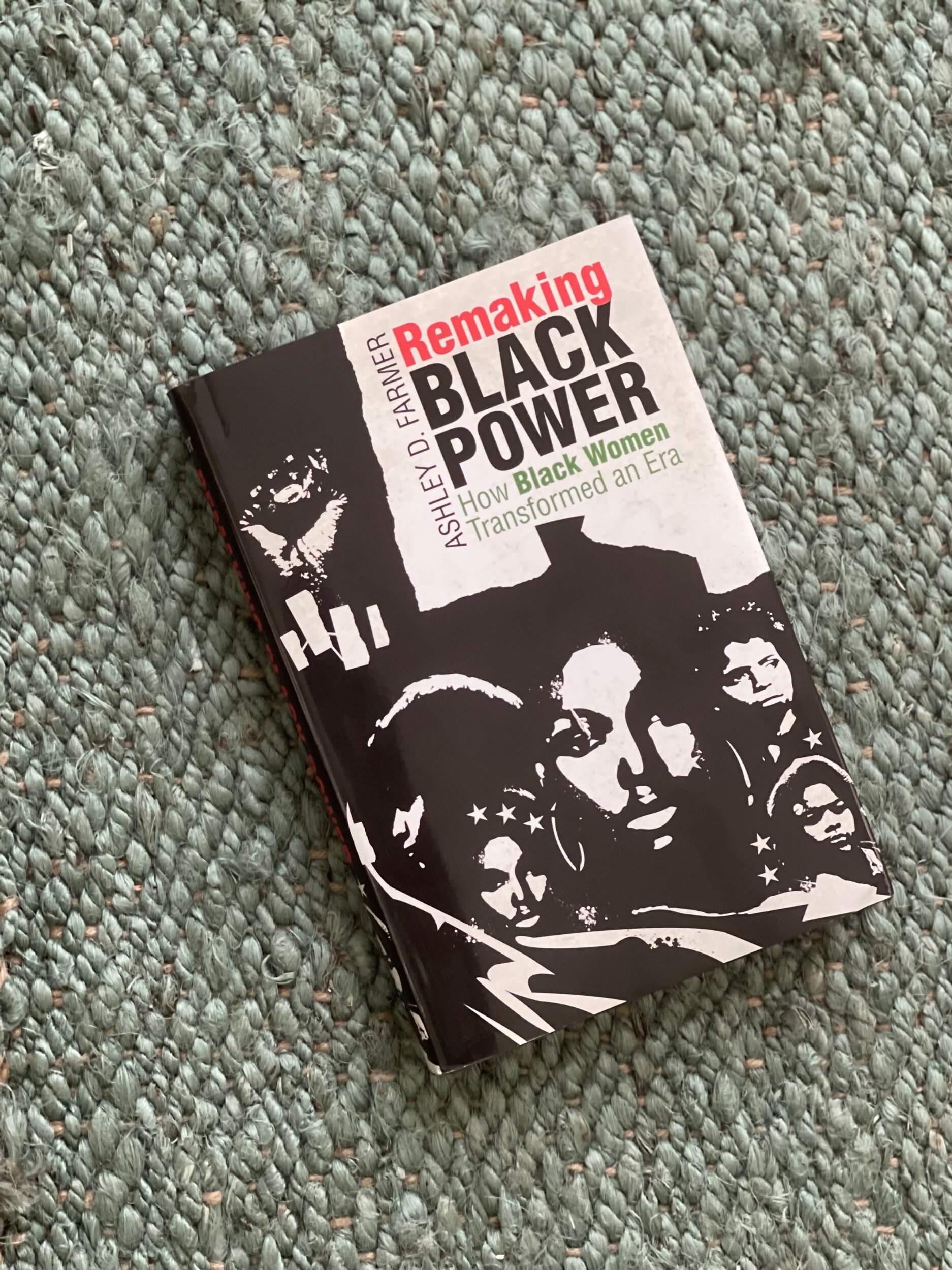 Image 1 of
Image 1 of


Remaking Black Power: How Black Women Transformed an Era
In this comprehensive history, Ashley D. Farmer examines Black women's political, social, and cultural engagement with Black Power ideals and organizations. Complicating the assumption that sexism relegated Black women to the margins of the movement, Farmer demonstrates how female activists fought for more inclusive understandings of Black Power and social justice by developing new ideas about black womanhood. This compelling book shows how the new tropes of womanhood that they created--the "Militant Black Domestic," the "Revolutionary Black Woman," and the "Third World Woman," for instance--spurred debate among activists over the importance of women and gender to Black Power organizing, causing many of the era's organizations and leaders to critique patriarchy and support gender equality.
In this comprehensive history, Ashley D. Farmer examines Black women's political, social, and cultural engagement with Black Power ideals and organizations. Complicating the assumption that sexism relegated Black women to the margins of the movement, Farmer demonstrates how female activists fought for more inclusive understandings of Black Power and social justice by developing new ideas about black womanhood. This compelling book shows how the new tropes of womanhood that they created--the "Militant Black Domestic," the "Revolutionary Black Woman," and the "Third World Woman," for instance--spurred debate among activists over the importance of women and gender to Black Power organizing, causing many of the era's organizations and leaders to critique patriarchy and support gender equality.
In this comprehensive history, Ashley D. Farmer examines Black women's political, social, and cultural engagement with Black Power ideals and organizations. Complicating the assumption that sexism relegated Black women to the margins of the movement, Farmer demonstrates how female activists fought for more inclusive understandings of Black Power and social justice by developing new ideas about black womanhood. This compelling book shows how the new tropes of womanhood that they created--the "Militant Black Domestic," the "Revolutionary Black Woman," and the "Third World Woman," for instance--spurred debate among activists over the importance of women and gender to Black Power organizing, causing many of the era's organizations and leaders to critique patriarchy and support gender equality.